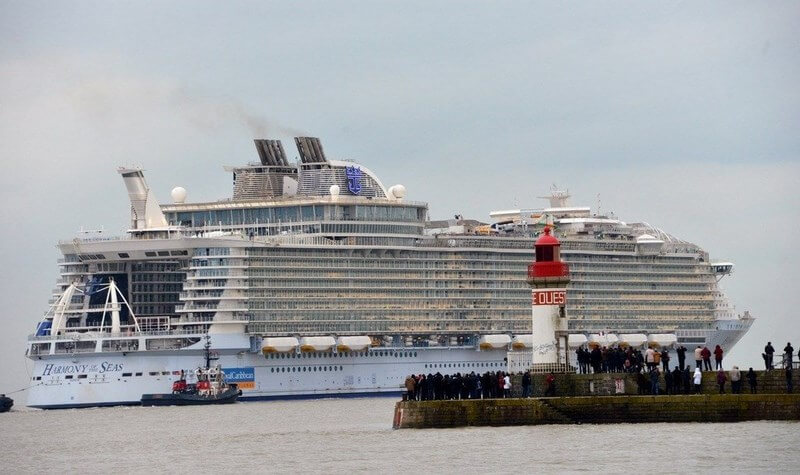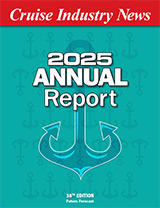Royal Caribbean Cruises reported net income of $229.9 million, or $1.06 per share, on revenues of $2.1 billion for the second quarter of 2016, compared to net income of $184.9 million, or $0.84 per share, on revenues of $2.0 billion last year.
The increase in net income was driven largely by reduced fuel costs and so-called “other income.” Royal also reduced its full-year guidance to a midpoint of $6.05, a $0.20 decrease from its previous guidance. The company cited the negative impact of rising fuel prices and the weakness of the British pound.
The gross revenue per passenger day for Q2 was $210.94 compared to $217.46 last year. Gross ticket revenue per day was $151.95, compared to $159.26 last year, while onboard revenue was $58.99, compared to $58.20. The increase in onboard revenue was said to be driven by beverage and internet packages.
Net revenue per passenger day was $163.77 in Q2 this year, compared to $175.37 last year. The net ticket revenue per passenger day this year was $118,43, compared to $127.29 last year, and the net onboard revenue was $45.34 this year, compared to $48.08 last year.
Richard Fain, CEO and chairman, said that the company’s brands were doing well in North America, Northern Europe and the Western Mediterranean, with 60 percent of its capacity, but experiencing softness in the Eastern Mediterranean and China.
“Softness in China is being driven by huge capacity growth rather than faltering demand,” said Fain.
Fain compared the Chinese market to the evolution of the North American market. He said that absorbing a doubling of capacity in one year with only modest price softening was a sign of market strength.
He added that China, with 9 percent of the company’s passenger capacity, continues to generate yields that are above average. The company also noted softness in the close-in booking market for Shanghai-based sailings, not mentioning the chartering sales model.
Furthermore, he said the company’s strongest markets — the Caribbean, Alaska, Bermuda, Northern Europe the Western Mediterranean will only see a modest capacity increase in 2017.
Analysts asking questions on the call also seemed distracted by balance sheet items regarding the sale of Pullmantur, which has had a constantly-changing business strategy in recent years.
In addition, Cuba was not mentioned whatsoever.
Royal Caribbean’s adjusted net income earnings forecast for Q3 was for $3.10 per share, compared to $2.84 last year. The improvement is expected to be primarily driven by the deconsolidation of the Pullmantur Group.
As Royal Caribbean made its announcement, its shares dropped more than 6 percent in early morning trading.




